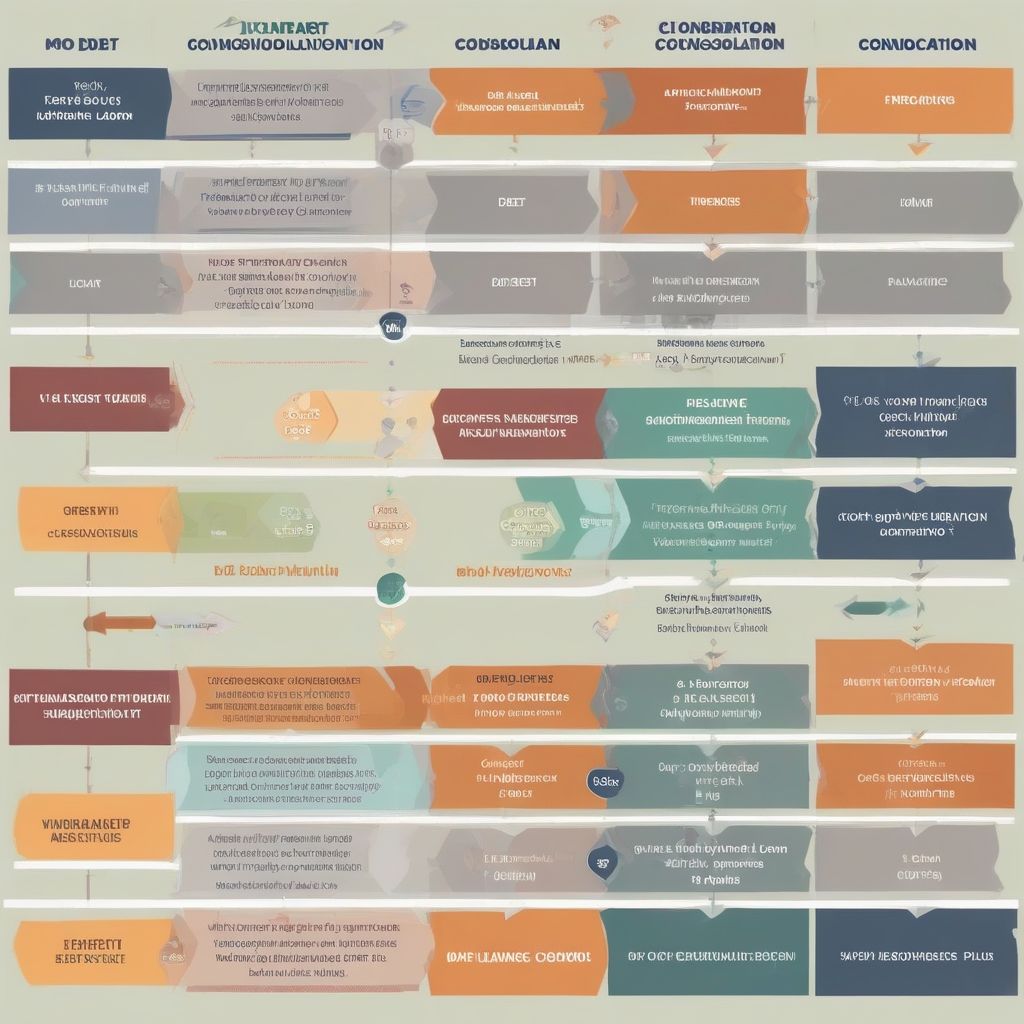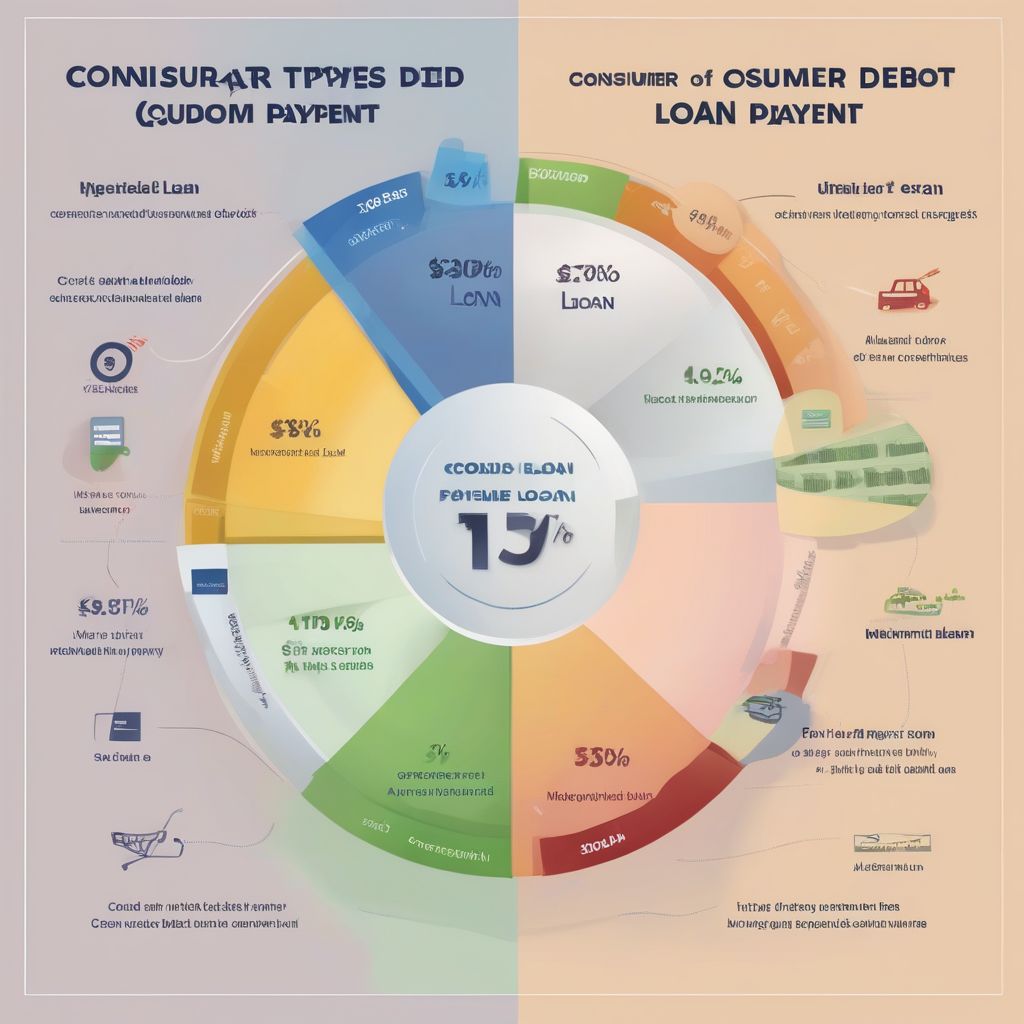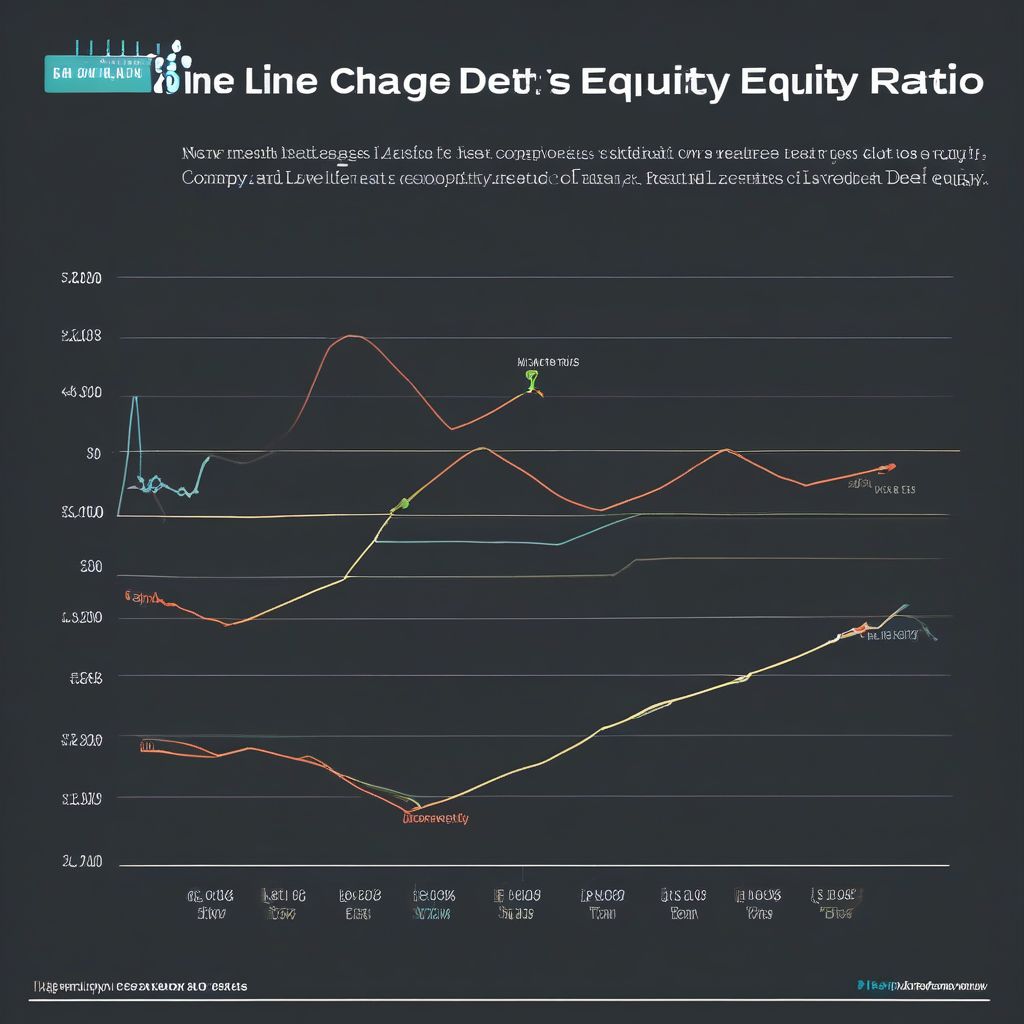In the world of finance, debt consolidation is often presented as a lifeline for those struggling to manage multiple debts. It involves taking out a new loan to pay off several existing debts, simplifying repayment into a single monthly payment. But what about “Debt Consolidation Free”? Does such a thing truly exist, or is it just a pipe dream?
Understanding Debt Consolidation and its Importance
Debt consolidation can be a powerful tool for individuals seeking to regain control of their finances. By combining multiple high-interest debts into one with a potentially lower interest rate, you can potentially save money on interest payments and streamline your monthly budget. This can lead to a quicker path towards becoming debt-free.
Common Types of Debt Suitable for Consolidation
- High-interest credit cards
- Personal loans
- Payday loans
- Medical bills
Exploring the Concept of “Debt Consolidation Free”
The term “debt consolidation free” often piques interest because it suggests the possibility of consolidating debt without incurring any additional costs. However, it’s crucial to understand that while some options might appear “free” upfront, they often come with hidden fees or require trade-offs.
Debunking the Myth of “Free” Consolidation
Genuine debt consolidation always involves a cost, whether it’s interest charged on a new loan, fees for a debt management program, or the potential impact on your credit score. Therefore, while the term “debt consolidation free” might be used for marketing purposes, it’s essential to approach such claims with a healthy dose of skepticism.
Legitimate Debt Relief Options to Consider
- Balance Transfer Credit Cards: Transferring high-interest balances to a credit card with a 0% introductory APR period can provide temporary interest relief.
- Debt Management Plans (DMPs): Offered by credit counseling agencies, DMPs involve negotiating with creditors for lower interest rates and a structured repayment plan.
- Debt Settlement: Involves negotiating with creditors to settle your debts for less than the full amount owed. However, this can negatively impact your credit score.
sonneriesvip.com/wp-content/uploads/2024/08/debt-consolidation-chart-66c5ab.jpg" alt="Debt Consolidation Options Chart" width="1024" height="1024">Debt Consolidation Options Chart
Factors to Consider When Seeking Debt Consolidation
Before jumping into any debt consolidation strategy, it’s crucial to carefully evaluate your financial situation and the terms of each option:
- Interest rates: Compare interest rates of consolidation options with your existing debts to ensure potential savings.
- Fees: Be aware of any upfront or ongoing fees associated with consolidation loans or programs.
- Repayment terms: Evaluate the length of the repayment period and the impact on your monthly budget.
- Impact on credit score: Understand how different consolidation methods might affect your creditworthiness.
The Importance of Financial Literacy in Debt Management
Ultimately, the most effective way to avoid debt traps and make informed financial decisions is through continuous learning and improvement of your financial literacy. Equip yourself with the knowledge and skills necessary to:
- Create a realistic budget: Track your income and expenses to identify areas for improvement and savings.
- Build an emergency fund: Having a financial safety net can prevent minor setbacks from snowballing into debt.
- Seek professional guidance: Don’t hesitate to consult with a financial advisor for personalized advice tailored to your situation.
Conclusion
While the allure of “debt consolidation free” might be tempting, it’s essential to approach such claims with caution. True debt relief requires careful consideration, planning, and a commitment to responsible financial management. By understanding the options available and prioritizing financial literacy, you can make informed decisions that pave the way towards a brighter and debt-free future. Remember, seeking knowledge and professional advice is key to navigating the complexities of debt consolidation and achieving lasting financial well-being.



